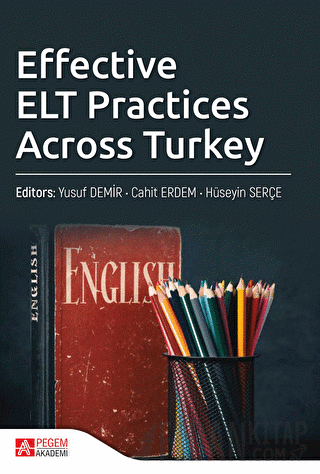
It is a reality that global practitioners have been facing problems in teaching English as a foreign language. These problems have turned out to be chronic despite the changing winds and shifting sands of foreign language pedagogy. If we consider that each country, region, school, teacher, and learner has its own characteristics, one can better visualize the immense diversity of the variables that can impact on learning. This diversity requires a practical perspective of pedagogy that foregrounds contextual and situational dynamics, with apt solutions to peculiar problems. It is necessary for practitioners to undertake the role of teacher as researcher, which includes diagnosing and defining contextual challenges, researching, and trying out strategies to promote learning. Just as important is to share and disseminate unique context-bound practices, which could, if not generalizable, shed light on the philosophy and methodology of problem-solving, or at least serve as exemplar-based mechanisms. This book includes 17 chapters, documenting the effective practices of Turkish EFL practitioners in different educational settings across Turkey. This book will primarily benefit in-service teachers, teacher candidates, and teacher trainers, as well as others interested in the ELT profession.
It is a reality that global practitioners have been facing problems in teaching English as a foreign language. These problems have turned out to be chronic despite the changing winds and shifting sands of foreign language pedagogy. If we consider that each country, region, school, teacher, and learner has its own characteristics, one can better visualize the immense diversity of the variables that can impact on learning. This diversity requires a practical perspective of pedagogy that foregrounds contextual and situational dynamics, with apt solutions to peculiar problems. It is necessary for practitioners to undertake the role of teacher as researcher, which includes diagnosing and defining contextual challenges, researching, and trying out strategies to promote learning. Just as important is to share and disseminate unique context-bound practices, which could, if not generalizable, shed light on the philosophy and methodology of problem-solving, or at least serve as exemplar-based mechanisms. This book includes 17 chapters, documenting the effective practices of Turkish EFL practitioners in different educational settings across Turkey. This book will primarily benefit in-service teachers, teacher candidates, and teacher trainers, as well as others interested in the ELT profession.




















